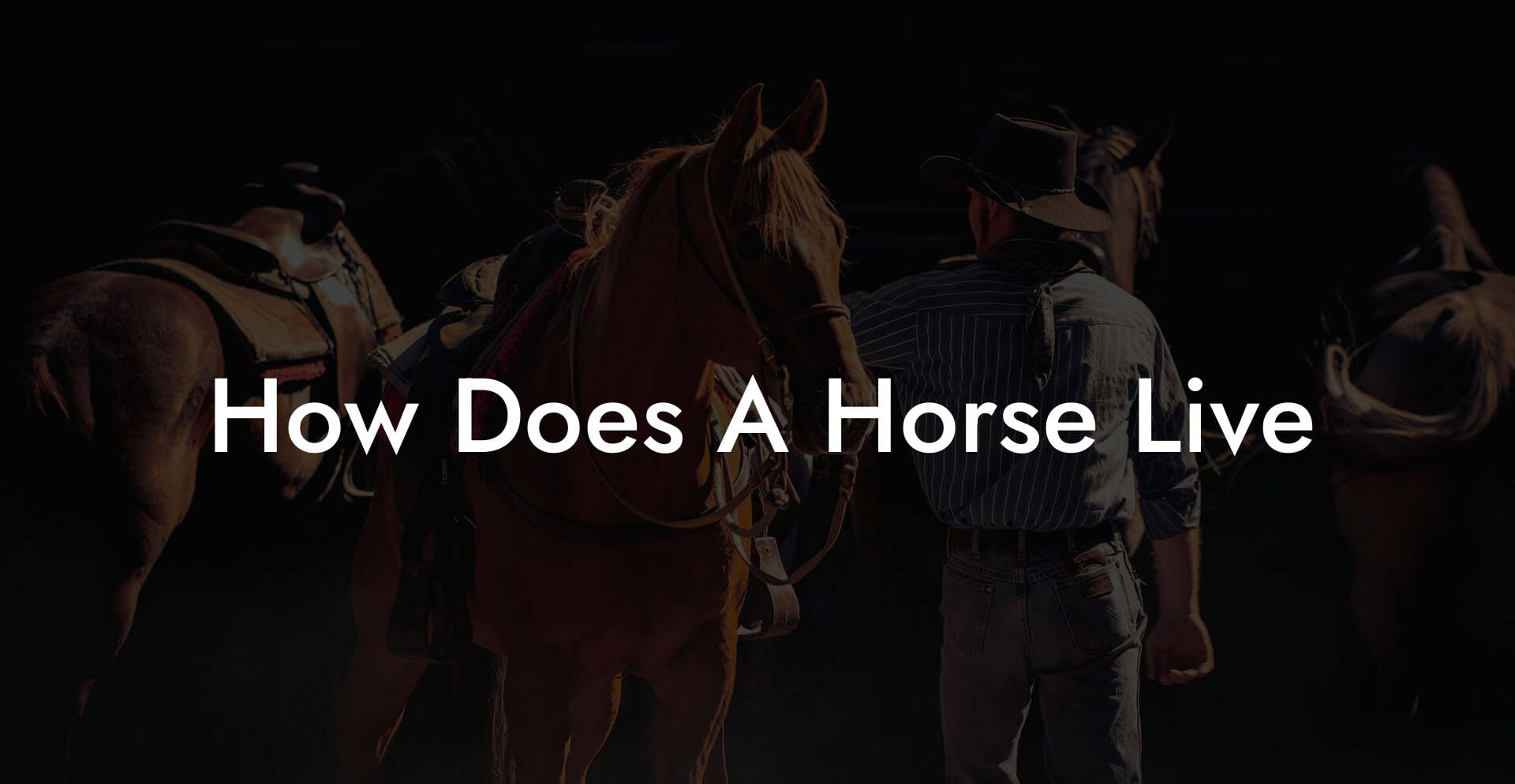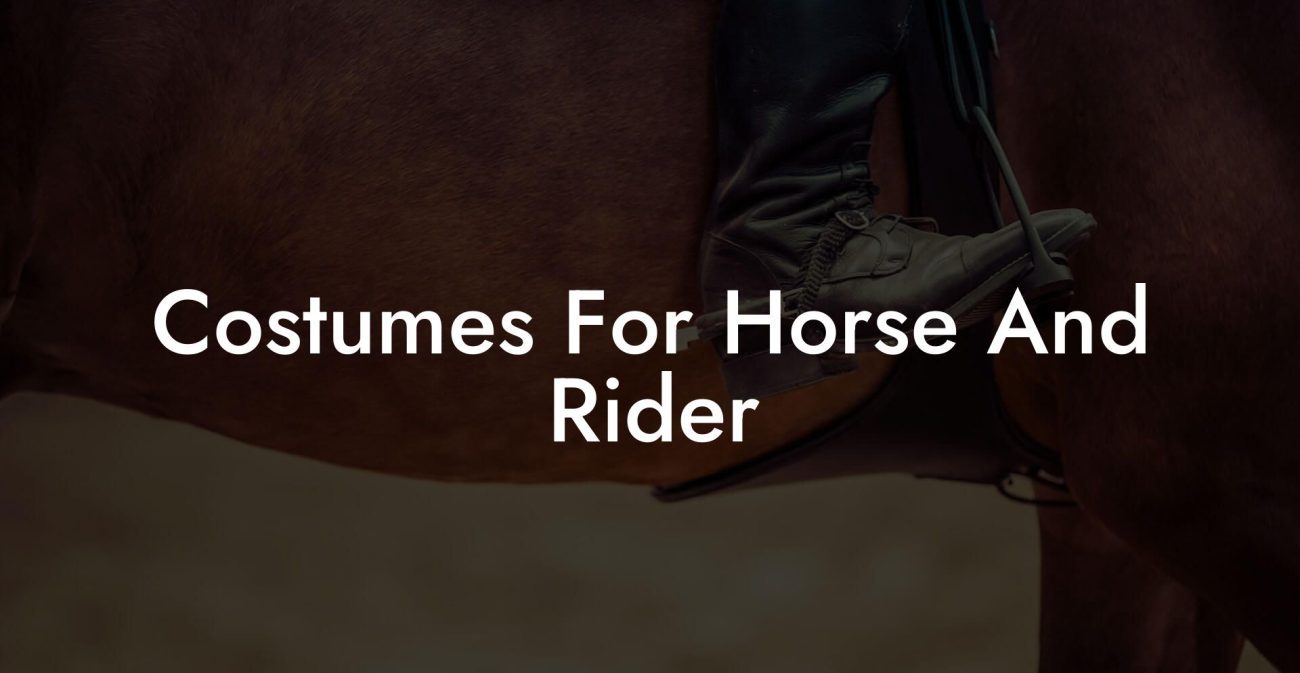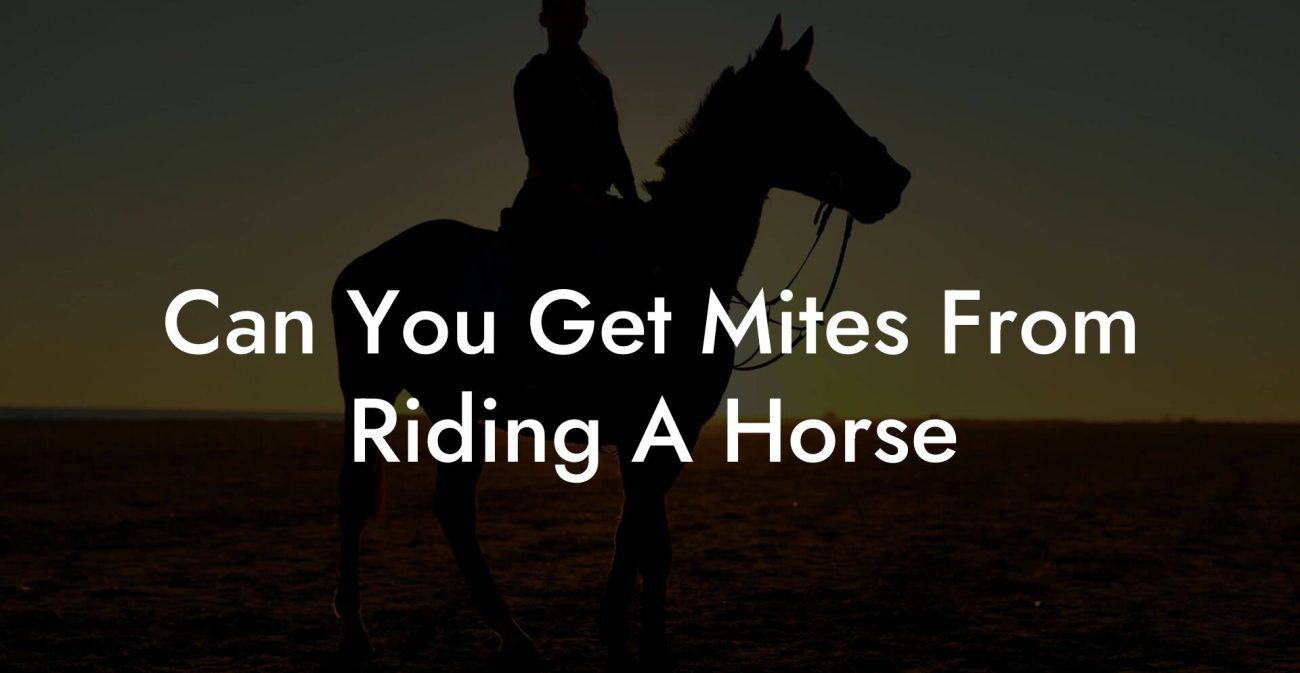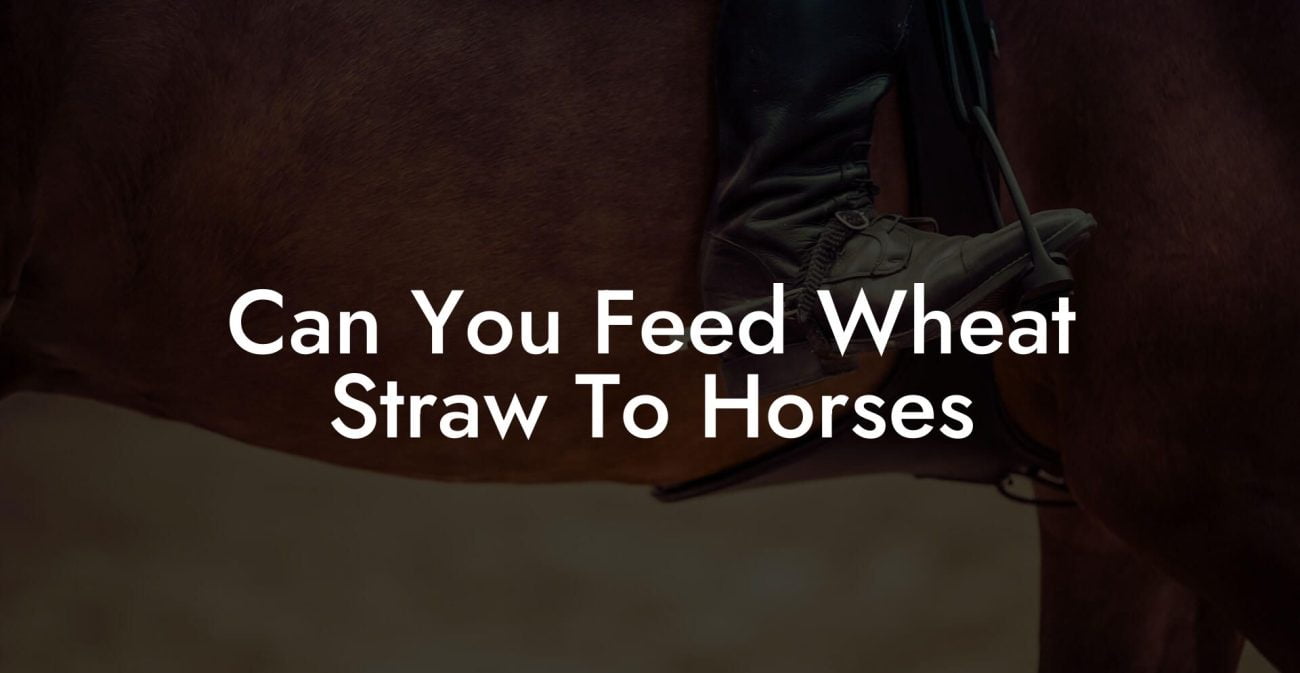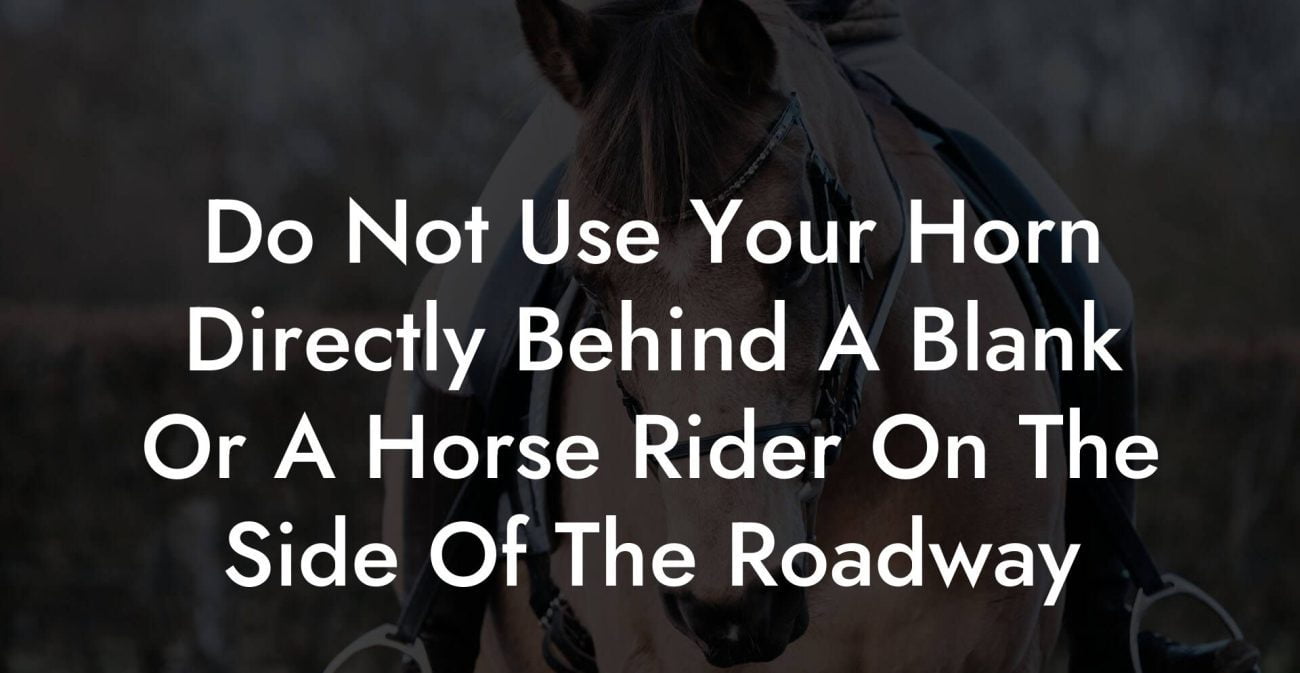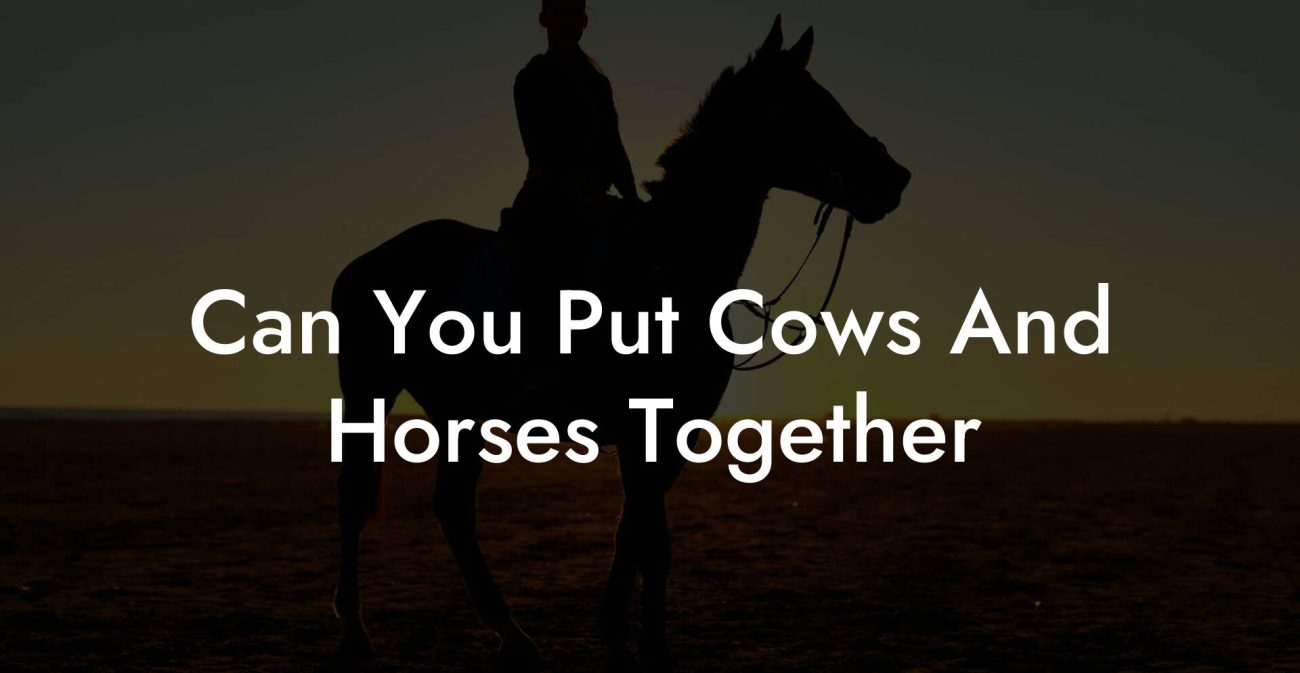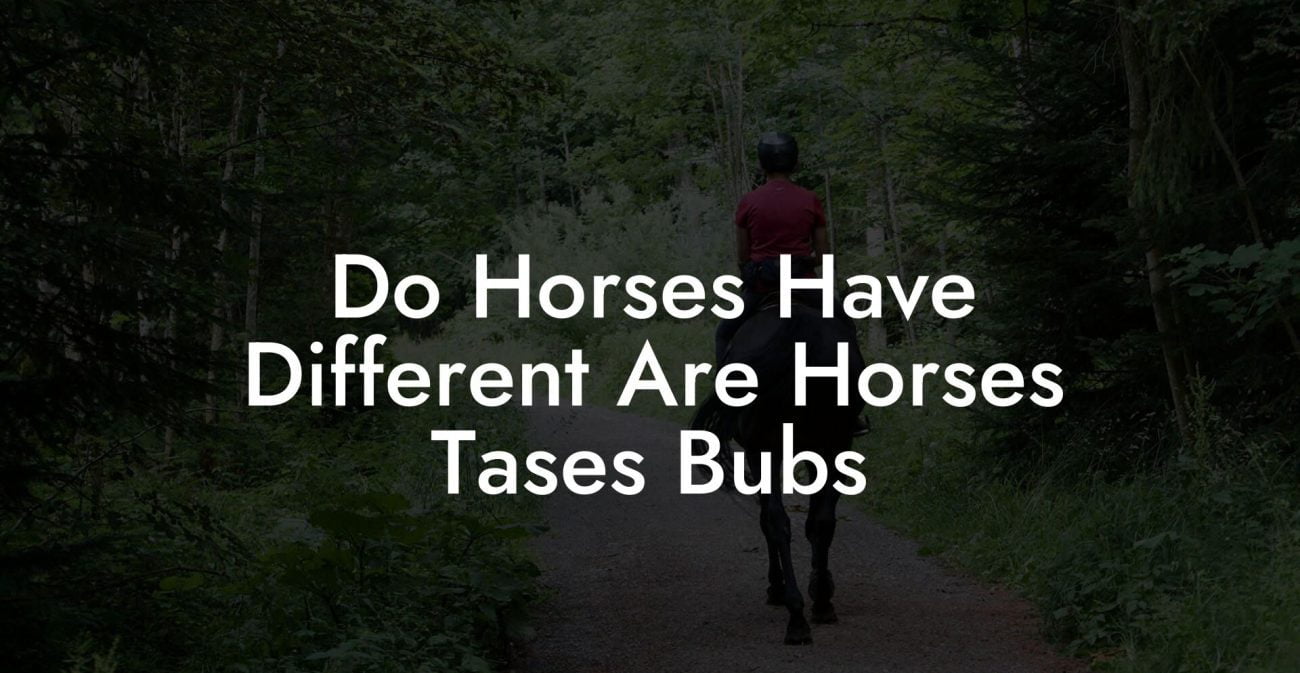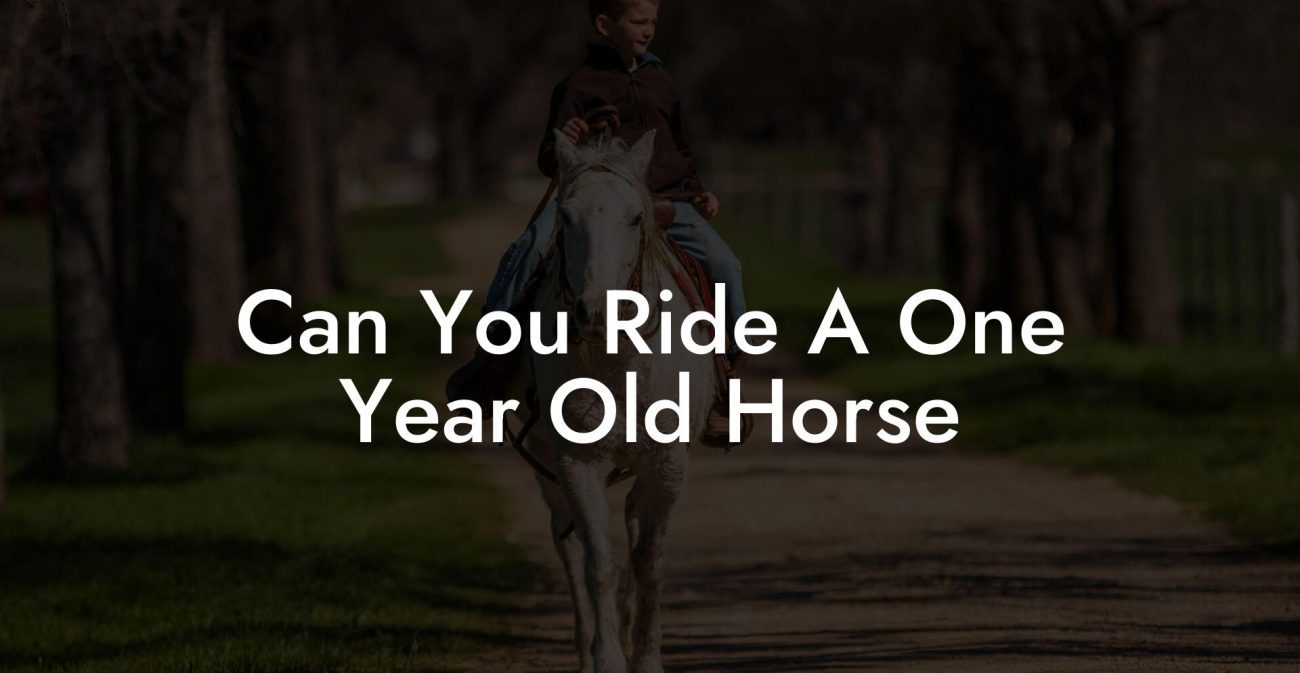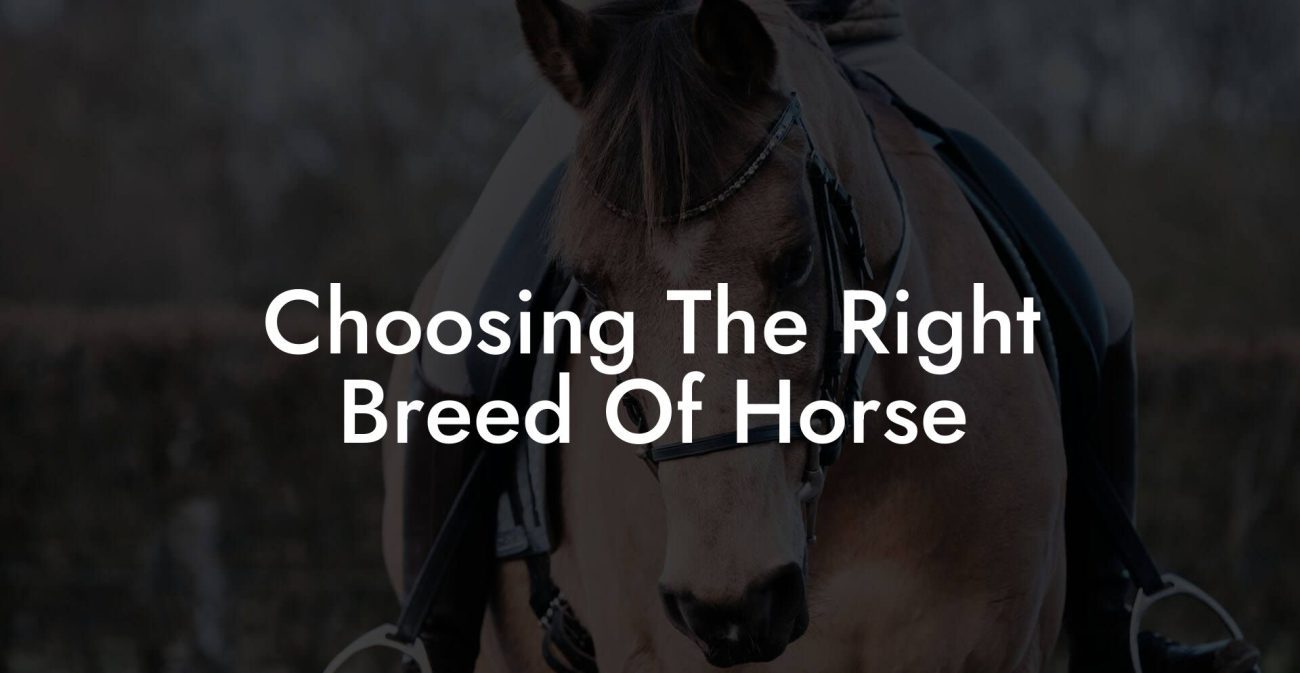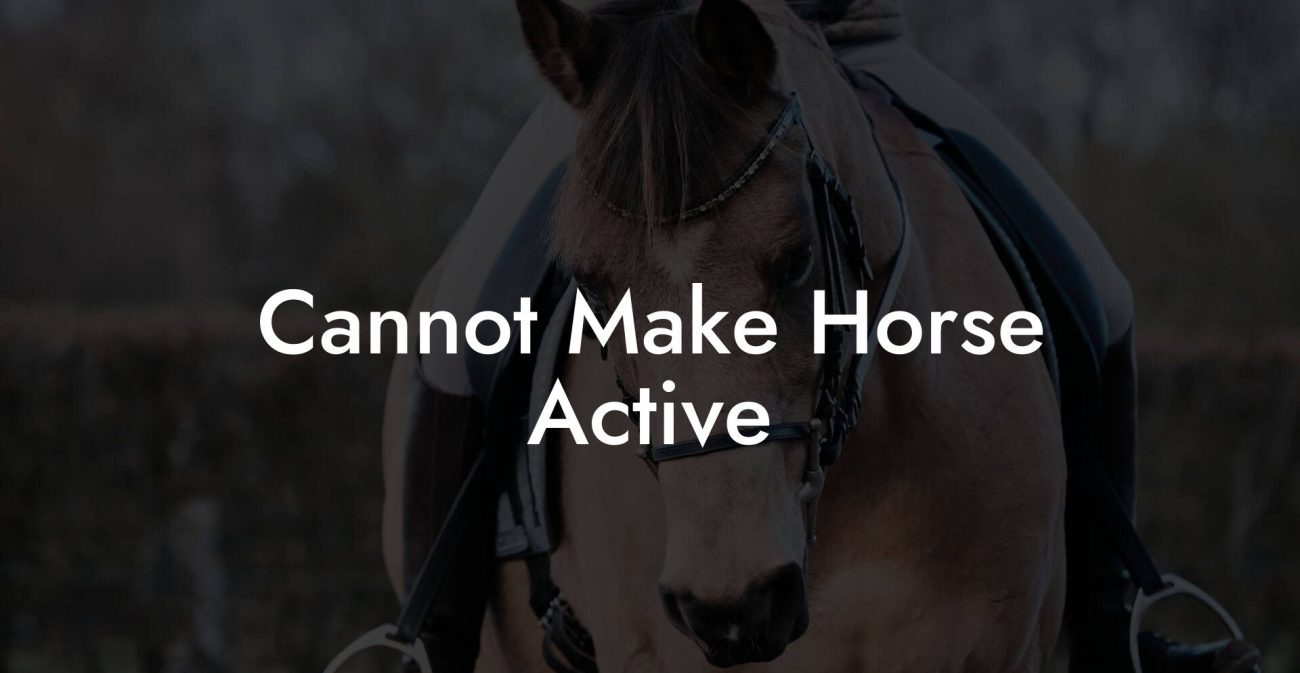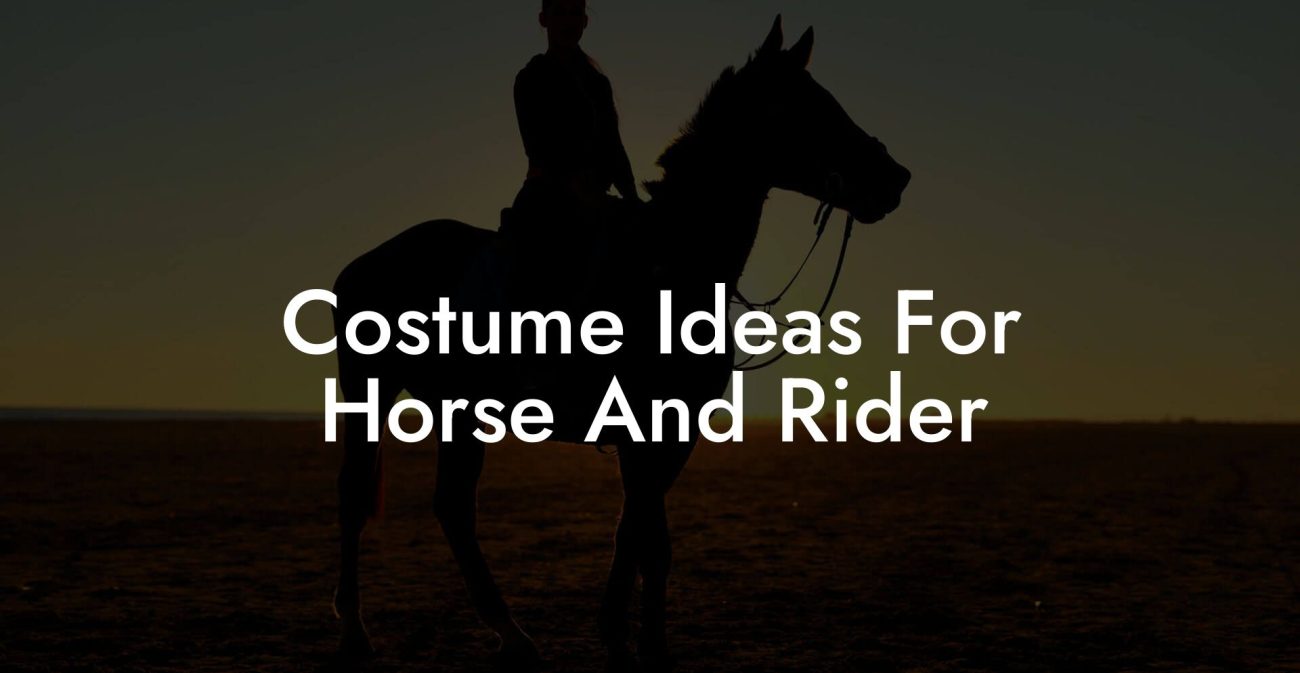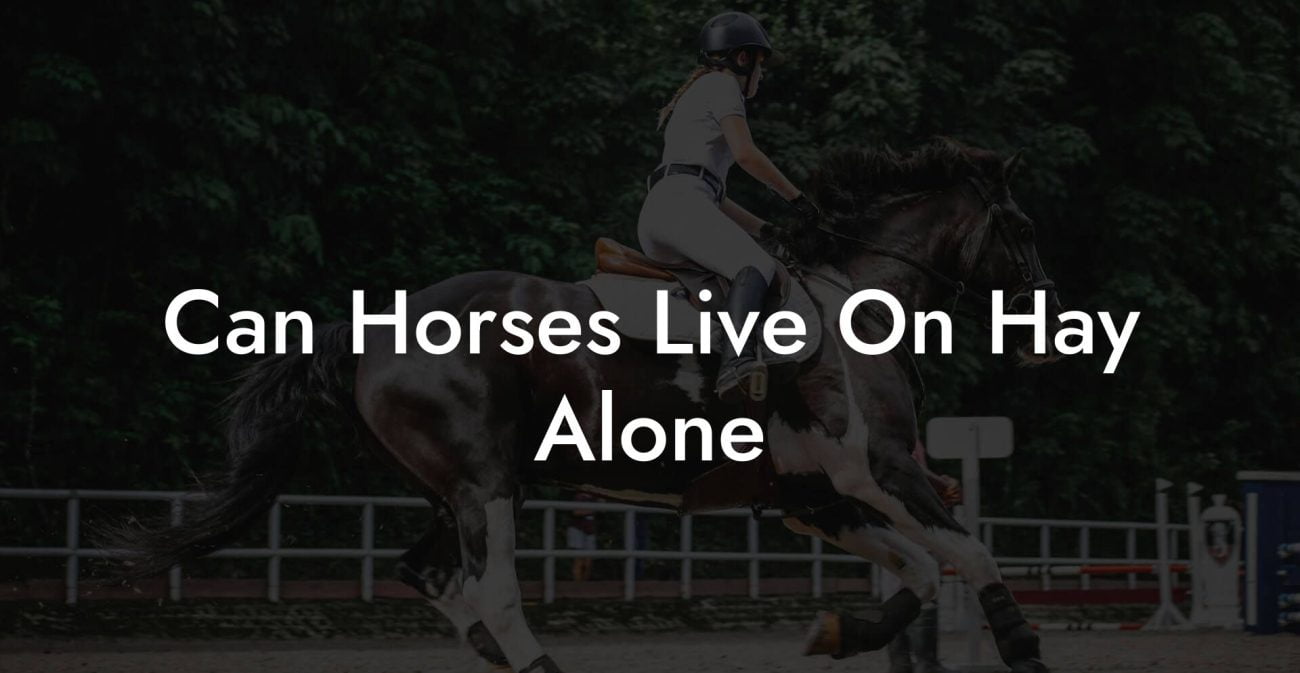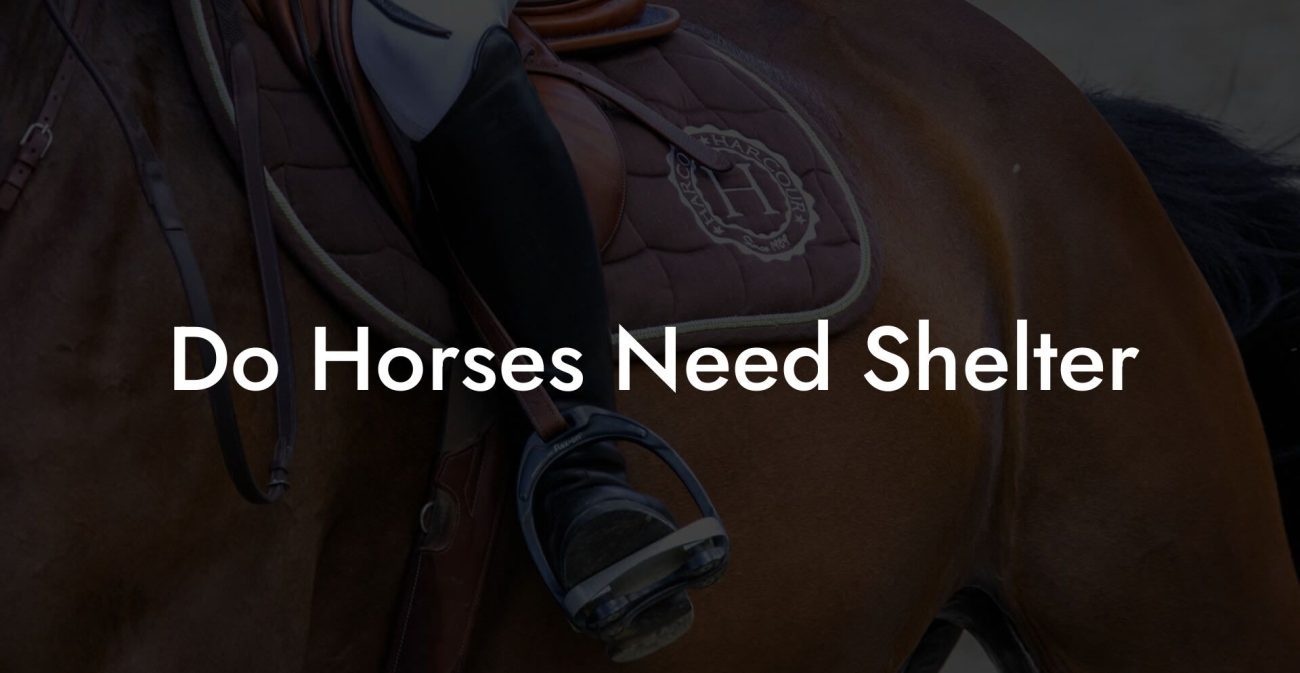Ever wondered what it really takes for a horse to live its best life? Not just grazing away in a field, but thriving in every possible way, physically, emotionally, and even socially? If you’re a Gen-Z or millennial adventurer ready to dive into the surprisingly rich world of equine care, saddle up and get ready for a wild ride. We’re about to explore every facet of horse living, from their natural habitats and daily routines to the modern, holistic methods you can use to care for these majestic creatures. Whether you’re a first-time horse owner or a seasoned equine enthusiast, this guide delivers the ultimate, 360-degree look at equine lifestyle, packing in expert tips, plenty of humor, and contemporary insights that make caring for a horse both an art and a science.
Quick Links to Useful Sections
- The Journey Begins: Understanding the World of Equine Living
- Wild Origins: The Natural Habitat and History of the Horse
- Equine Physiology and the Basics of Horse Health
- The Art and Science of Equine Nutrition
- Exercise and Activity: Keeping a Horse on the Move
- Creating the Perfect Environment: Stables, Pastures, and Living Spaces
- Grooming and Health Care: The Daily Rituals of Equine Maintenance
- The Holistic Approach: Blending Tradition with Innovation in Horse Care
- Training and Social Dynamics: The Family Life of a Horse
- Seasonal Care: Adapting to Changing Climates and Circumstances
- Resources and Community Support: Your Next Steps
- Equine Innovations: The Future of Horse Living
- FAQs on How Horses Live and How to Care for Them
- Your Next Chapter in Equine Living
The Journey Begins: Understanding the World of Equine Living
Horses are not just animals; they’re incredibly complex beings with unique personalities, deep social structures, and evolved instincts that speak to a long history of survival and companionship with humans. But what exactly do horses need to live well? At first glance, one might think it’s as simple as good food, water, and shelter. However, the truth is far more layered. From the way they graze on wild pastures to how they interact with their herd mates, horses embody a lifestyle that’s naturally holistic, and modern horse care should be too.
In today’s fast-paced, digitally driven world, the term “horse living” has evolved. Gone are the days when basic stable maintenance and rudimentary feeding regimes would suffice. Now, holistic equine health, advanced stable management, and integrative approaches to nutrition and exercise are carving out new standards for horse care. Whether you’re managing a high-tech equine facility or a charming countryside stable, understanding the multifaceted nature of horse life can transform your approach to caretaking.
We’ll explore everything from the history and natural habitat of horses to creating a balanced daily routine that mirrors their natural instincts. Expect in-depth discussions on equine physiology, nutritional science, mental health, and even the latest trends in horse fitness technology that can change the game for modern owners.
Wild Origins: The Natural Habitat and History of the Horse
Long before horses became symbols of freedom and power in art and literature, they roamed vast, untamed landscapes across continents. Their wild ancestry is a cornerstone of understanding modern equine needs. Horses evolved in diverse habitats, from the open steppes of Central Asia to the rugged terrains of North America, developing survival skills and social behaviors that underscore their need for space, movement, and community.
This deep-rooted connection to the wild suggests that horses are naturally programmed to enjoy wide-open spaces, varied diets, and social interactions with herd members. Their gaits, stamina, and even certain behaviors, like grooming one another, were honed over millennia of living in dynamic, competitive environments. These ancient habits still persist today, influencing everything from how they graze and exercise to how they handle stress and interact with humans.
Understanding this wild history is essential when planning modern horse care – it’s not just about meeting basic needs but about facilitating an environment that allows your horse to express its natural behaviors. Picture a mix of free-roaming pasture time, stimulating physical activity, and opportunities to connect with other horses. This isn’t just a nostalgic nod to their origins; it’s a blueprint for holistic horse care that champions both physical and mental health.
Equine Physiology and the Basics of Horse Health
To truly care for a horse, you need to decode the blueprint of its robust and resilient body. Equine physiology isn’t just a collection of muscles and bones, it’s a dynamic system where every part works in harmony. Whether you’re troubleshooting dietary concerns or adjusting exercise routines, understanding a horse’s inner workings is crucial.
Consider the fact that horses are designed with speed and endurance in mind. Their large lungs, powerful hearts, and intricate musculoskeletal systems allow them to sprint at impressive speeds or sustain long periods of browsing and grazing. But these very systems require specialized care. That’s why many modern approaches to horse care incorporate both conventional veterinary practices and innovative, holistic methods. Think advanced diagnostics, integrative therapies, and even natural remedies to maintain optimal equine health.
When we talk about maintaining horse health, several key aspects come into play:
- Physical Health: This includes regular exercise routines, proper hoof care, and routine health check-ups to avoid common issues such as lameness or digestive disorders.
- Mental Well-being: Social interactions and environmental enrichment are vital. Horses are herd animals that thrive on social contact, which directly influences their behavior and overall happiness.
- Preventive Care: Vaccinations, deworming, and dental care are staples in preventing more serious health issues down the road.
By embracing both modern veterinary science and traditional holistic practices, you can ensure your horse’s well-being in a way that mirrors its natural state, creating a strong foundation for longevity and happiness.
The Art and Science of Equine Nutrition
Let’s talk about food, because even horses know that balanced nutrition is the secret sauce to long-term health. Unlike our typical three-square meals, horses are grazers by nature. They’re built to eat small, frequent meals throughout the day rather than gorging on one or two big feeds. This grazing behavior is key to their digestive health, preventing conditions like colic, which can be a serious issue if their digestive system is upset.
In modern horse care, equine nutrition is a sophisticated science. It’s not just about filling a trough but understanding the right balance of roughage, grains, vitamins, and minerals. Feed formulations need to be aligned with factors such as the horse's age, workload, metabolic rate, and overall health status. For a high-energy performance horse, the diet may include energy-dense grains and supplements, while a retired or pasture-bound horse might thrive on lush, fibrous hay and greens.
Holistic nutrition for horses goes beyond the basics. You might incorporate organic or locally sourced feed, herbal supplements for enhanced digestion, and even probiotics to support gut health. And let’s not forget about hydration! Clean, fresh water is essential, and many modern stables now include automatic waterers to ensure horses never go a day without it.
For those who geek out over nutrition, understanding feed labels, caloric contributions, and the importance of fiber is akin to deciphering an intricate puzzle. And if you ever find yourself comparing horse feed to a trendy smoothie bowl, you’re not too far off, both are all about balance, nourishment, and making sure every ingredient plays its part.
Exercise and Activity: Keeping a Horse on the Move
Horses are built to move, yet the way they exercise can be as varied as the people who care for them. Whether prancing in manicured arenas or galloping across open pastures, physical activity is integral to a horse’s health. Regular exercise helps maintain muscle tone, improves cardiovascular endurance, and even keeps mental stress at bay.
Modern equine exercise reflects a blend of traditional routines and innovative training techniques. If you think your horse is just going to trot around aimlessly all day, think again. Structured exercise sessions, ranging from ground work and lunging exercises to advanced dressage and jumping, are all part of a comprehensive exercise plan.
Here are some popular forms of equine exercise that strike the perfect balance between fun and fitness:
- Trail riding: Nothing beats a leisurely ride through scenic back roads or nature reserves. Trail riding not only provides physical exercise but also mental stimulation by exposing horses to varied terrains.
- Flat Work and Liberty Training: These activities emphasize communication and trust between you and your horse. They hone responsiveness, balance, and build that crucial connection.
- Interactive Games: Incorporating agility and obstacle courses can add an element of play, keeping your horse mentally engaged while boosting physical fitness.
- Therapeutic Riding: For horses trained as therapy animals, gentle, structured exercises help maintain calm demeanor and emotional balance, benefiting both the horse and those it cares for.
In essence, whether it’s a rigorous session in the arena or a relaxed pasture trot, the goal is to let your horse enjoy movement that mirrors its natural instincts while promoting robust physiological health.
Creating the Perfect Environment: Stables, Pastures, and Living Spaces
The adage “home is where the heart is” rings true for horses, too. A well-designed stable or pasture isn’t just about shelter, it’s about creating an environment that stimulates the horse’s mind, body, and even its soul. A thoughtfully arranged stable respects a horse’s natural behavior, ensuring safety, comfort, and enrichment at every turn.
Traditionally, horse stables were utilitarian structures aimed solely at providing a roof over a horse’s head. Today, however, equine enthusiasts are raising the bar by creating living spaces that incorporate modern design principles, sustainability, and even aesthetics. This may include natural lighting, ample ventilation, non-slip flooring, and designated areas for feeding, grooming, and relaxation.
Pastures also play a vital role in equine living. More than just a grassy field, a well-maintained pasture acts as a dynamic ecosystem, providing not only forage but also opportunities for social interaction, exploration, and exercise. Rotational grazing systems can help manage pasture health, prevent overgrazing, and reduce parasite loads, all essential aspects of modern, sustainable horse care.
And then there’s the digital side of stable management. With the advent of smart technology, many modern stables now use apps, sensors, and smart feeders to monitor temperature, humidity, and even your horse’s activity levels. Yes, you read that right, tech-savvy horses (or at least their caretakers) are making a mark by merging tradition with innovation.
Grooming and Health Care: The Daily Rituals of Equine Maintenance
Just like any chic, modern self-care routine, grooming is an essential part of a horse’s daily life. But don’t be fooled, this isn’t just a matter of looking good for Instagram. Grooming plays a crucial role in ensuring skin health, preventing infections, and fostering that much-needed bond between you and your horse.
A typical grooming session might include brushing, mane and tail care, hoof cleaning, and even a known soothing massage-like pat. Each step is designed to stimulate blood flow, distribute natural oils, and keep the coat glossy and free of tangles. Plus, it’s the perfect time to check for any injuries, skin conditions, or unexpected parasites.
Beyond the daily brush-down, equine health care encompasses routine veterinary checks, dental care, and parasite management. Regular deworming, vaccinations, and dental floating help keep your horse in peak condition. Modern diagnostic tools, such as ultrasound scans and blood tests, further ensure that any underlying health issues are caught before they escalate.
Many horse owners nowadays also adopt a proactive approach toward mental and emotional well-being. This includes stress-relief therapies, such as aromatherapy in the stable, calming music, or even simple, quiet moments of connection that benefit both the horse and the caregiver. When it comes to horse care, every pat and every check-up plays a part in building a resilient, happy companion.
The Holistic Approach: Blending Tradition with Innovation in Horse Care
In a world that is as concerned with well-being and mindfulness as it is with efficiency and performance, holistic horse care stands out. Yes, horses have been cared for since the dawn of time, but today’s owners are bringing in fresh, integrative techniques to enhance natural behaviors and optimize health. This means adopting methods that blend the time-tested wisdom of ancient practices with cutting-edge technology.
Holistic approaches in equine care can include everything from herbal remedies and acupuncture to modern digital scale monitoring and fitness tracking. For example, some stables now incorporate equine massage therapy and acupuncture to relieve muscle tension and improve circulation, techniques grounded in traditional Chinese medicine that have found their way into modern programs. The objective is simple: to ensure that every aspect of a horse's life, from nutrition and exercise to mental health and social engagement, is addressed in a comprehensive way.
Integrative strategies might involve:
- Herbal and Nutritional Supplements: Natural additives like turmeric, garlic, or specially formulated herbal teas can support overall health and immunity in horses.
- Acupuncture and Massage: These techniques help maintain muscle tone, relieve tension after a strenuous session, and promote a sense of calm and relaxation.
- Mindful Management: Beyond physical health, many modern horse owners are acutely aware of the psychological and emotional needs of their horses. Regular bonding time and even the arrangement of spaces that mimic natural social structures are key factors.
This holistic care model isn’t just trendy, it’s effective. It recognizes that horses, with all their ancient instincts and modern behaviors, deserve a care plan that honors every dimension of their lives.
Training and Social Dynamics: The Family Life of a Horse
Horses are inherently social creatures, with an elaborate hierarchy and communication system that would make any high school clique jealous. In the wild or in well-managed stables, horses thrive on social interaction. They form close bonds with their herd, and these relationships profoundly impact their behavior, learning, and stress responses.
Training a horse today isn’t all about brute force or outdated traditions; it’s about empathetic communication, trust-building, and forging a genuine connection. Modern training methods are designed to work with the horse’s natural instincts, encouraging rather than coercing behavior. This might include positive reinforcement techniques, seamless transitions in routine, and even equine sports that stimulate both body and mind.
When it comes to social dynamics, horses are like that cool friend who always knows how to chill out in a group. Creating an environment where your horse can socialize not only improves its mental health but also reinforces natural behaviors. Whether it’s through group turnout sessions, buddy systems in the stable, or even structured group lessons, fostering an inclusive, engaging communal experience is fundamental.
Moreover, proper training methods that incorporate elements of play, challenge, and reward will not only keep your horse attentive and responsive but will also alleviate issues like anxiety and depression. It’s a win-win: your horse learns essential cues while enjoying social connections, and you get a well-adjusted, eager partner in your equine adventures.
Seasonal Care: Adapting to Changing Climates and Circumstances
Horses live through the seasons just as we do, but with a twist. Their care needs can shift dramatically with the changing weather and environmental conditions. Whether it’s the scorching heat of summer demanding extra hydration and shade, or the cold, crisp days of winter that challenge their natural insulation and require additional bedding, seasonal care is a crucial component of modern equine management.
In warmer months, focus on providing ample water, salt, and electrolytes to combat dehydration. Pasture management is also key, ensuring that grazing areas are not overused, and providing shaded areas for rest and recuperation. In the winter, attention shifts to proper shelter, extra feed to maintain body heat, and protective gear like blankets or fly sheets during transitional seasons.
It’s also important to adjust exercise routines seasonally. In the summer, lighter work with more frequent breaks might be ideal, whereas the cooler weather might call for extended periods of low-intensity exercise to keep joints and muscles supple. The goal is to adapt and respond to your horse’s evolving needs throughout the year. Modern technologies like weather monitoring apps, combined with traditional intuition, help in making these adjustments seamlessly.
Resources and Community Support: Your Next Steps
Navigating the expansive world of horse care can feel overwhelming, but remember, you’re not in this alone. There’s a vibrant, supportive community of equine enthusiasts, experts, and online resources ready to share knowledge, experiences, and even a few laughs along the way. From local horse clubs and riding schools to online forums and social media groups, connecting with others can provide invaluable insights, tips, and even moral support when managing the ups and downs of equine life.
Many modern horse owners advocate for continuous learning, attending workshops, certification courses in equine management, and staying up-to-date on the latest veterinary research and holistic care trends. There are countless blogs, YouTube channels, and even podcasts dedicated to everything from managing stable health to the latest advancements in equine nutrition. Consider subscribing to industry newsletters and joining community events to broaden your perspective.
Your next steps might involve setting up private consultations with equine nutritionists, signing up for a training seminar, or simply dedicating time each week to research and experiment with new care methods. Ultimately, the journey to mastering the art of horse living is a continuous one, full of learning, laughter, and the occasional unexpected adventure.
Equine Innovations: The Future of Horse Living
As technology and traditional care merge, the future of horse living looks as dynamic and exciting as the horses themselves. Smart stables, wearable fitness trackers for horses, and digital health monitoring are transforming the way we approach equine care. These innovations aren’t replacing old-school techniques, they’re enhancing them, giving you deeper insights into everything from activity levels to dietary needs.
Imagine a world where sensors track your horse’s movement, alerting you to subtle changes in gait that might indicate fatigue or injury. Or consider mobile apps that allow you to schedule feeding times, record health data, and even connect with a global community of horse enthusiasts in real-time. These advancements are not just futuristic fantasies, they’re available today, empowering you to make smarter, more proactive decisions in your horse care routine.
As you integrate these new tools into your equine care regimen, remember that technology is here to support your passion. By embracing a hybrid approach that marries tradition and innovation, you’ll be better equipped to provide a nurturing, balanced environment that allows your horse to flourish.
FAQs on How Horses Live and How to Care for Them
Dive into these frequently asked questions to unravel common queries about equine care, equine nutrition, and the modern practices that redefine how a horse lives:
1. What are the basic needs for a horse to live a healthy life?
Horses require a balanced combination of proper nutrition, regular exercise, social interaction, clean water, and a safe, spacious environment to thrive. Preventive health care, including routine veterinary check-ups, dental care, and parasite control, are also essential.
2. Why is grazing important for horses?
Grazing reflects a horse’s natural feeding behavior. Instead of eating big meals, horses graze continuously, which supports their digestive system, prevents colic, and aligns with their evolutionary instincts for sustained energy.
3. How can I integrate modern technology into the care of my horse?
Modern innovations such as smart stables, wearable trackers, and mobile health apps can help monitor your horse’s physical activity, detect early signs of stress or injury, and streamline daily care routines. These tools work alongside traditional practices to optimize overall health.
4. What role does exercise play in a horse’s health?
Regular exercise is crucial for maintaining a horse's muscular strength, cardiovascular health, and mental well-being. Structured routines and free movement in pastures both contribute to physical fitness.
5. How do I ensure my horse gets proper nutrition?
A balanced diet that includes high-quality forages, the right amount of grains, vitamins, and minerals, adjusted for age, work level, and metabolic needs, is key. Consulting with an equine nutritionist or veterinarian can help craft an individualized feeding plan.
6. Can holistic treatments like acupuncture really help a horse?
Yes, holistic therapies such as acupuncture, massage, and herbal supplements have been successfully used to complement traditional veterinary care, helping address issues like muscle tension, stress, and chronic pain.
7. How important is social interaction for a horse?
Horses are highly social animals that thrive in a herd setting. Social interaction reduces stress, encourages natural behaviors, and even improves learning and responsiveness to training.
8. What environmental factors should I consider when designing a stable or pasture?
Ensure your horse has access to clean water, proper ventilation, adequate shelter, and a well-managed grazing area or pasture that encourages natural movement and social interaction while preventing overgrazing.
9. How can seasonal changes affect my horse’s care routine?
Seasonal variations impact hydration needs, shelter requirements, and exercise routines. In summer, extra shade and water are vital, while winter may require supplemental feed and additional bedding. Adjust your care plan accordingly to suit the climate.
10. What are the benefits of joining a community of horse enthusiasts?
Being part of a community provides access to shared knowledge, innovative care techniques, emotional support, and networking, helping you continuously learn and keep up with the latest in equine care.
Your Next Chapter in Equine Living
Embracing how a horse lives is not just about maintenance, it's about celebrating the union of nature and nurture. By understanding every beat of their curious hearts and the nuance of their wild spirit, you’re setting the stage for a bond that transcends basic pet care. Every grooming session, each balanced meal, daily exercise, and innovative observation opens the door to deeper insights into the life of your horse.
Adopting a modern, integrative approach means you're not only providing for physical needs but also fostering emotional, mental, and social environments that help your horse flourish. As you incorporate new technologies and age-old natural practices, remember that every single step you take in caring for your horse contributes to a story of resilience, beauty, and shared adventure.
Your journey into the world of equine care is a transformative experience, one that connects the dots between the wild spirit of these magnificent animals and the refined art of modern horse care. Whether you’re strolling through a breezy pasture or setting up an interactive training session, keep the focus on balance, continuous learning, and a healthy dose of humor. Because at the end of the day, the best care is a blend of innovation, compassion, and a deep respect for nature.
So go ahead, launch your next chapter in equine living with passion, creativity, and the knowledge that every hoof beat is a step toward a harmonious, thriving life. Explore new care techniques, connect with like-minded individuals, and always be open to new insights that enhance the love and respect you share for these incredible animals.
Your dedication to understanding how a horse lives is the heartbeat of modern, holistic equine care. Embrace this knowledge, forge a future where tradition meets innovation, and celebrate every triumph along your journey. Happy riding, and even happier caring!

